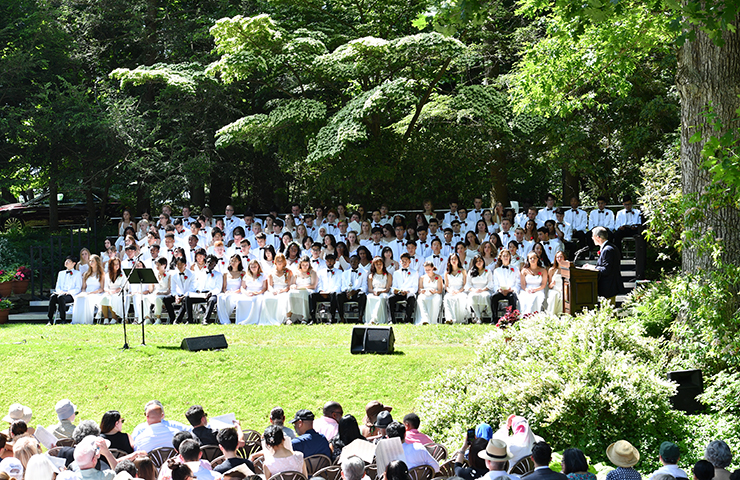
On Sunday, May 26, George School celebrated the graduation of the Class of 2019. Head of School Sam Houser delivered the commencement address below.
I have been pressuring myself to deliver remarks in a way that’s memorable, even remarkable. I recall the story of the preacher who stood up on the pulpit in front of his congregation and said, “You know how to live your lives. So go do it,” and sat back down. His comments have the benefit of brevity. There’s also the story of the minister who stood up in front of the congregation, held up a Bible, and threw it out an open window, after which the minister exclaimed, “There goes your God!” A good and memorable lesson about idolatry. (That story, by the way, is in Richard Gomes’ The Good Book.)
I won’t throw sacred objects, and I won’t say one sentence and sit down. But I’ll try to make my points clearly in the hope that you will remember a few of them. I simply have some advice and observations as you go off to college, to your postgraduate years, and your gap years. It can apply to life afterwards too, properly adapted.
Let me start by saying again that I am very proud of you. You have outdone yourselves in everything from Carter Sio’s woodworking courses to our impressive theatre performances to your sports, to IB and AP exams to simply putting your mind to finishing up and graduating. We have a lot of namable achievements like exam scores and college acceptances, varsity letters, amazing furniture, stirring musical performances, and photographs. For those who can claim some or all of these, congratulations. But know that I have the deepest respect for all of you who have found this school challenging, even difficult, and who have stuck it out and learned your way to graduation, with or without the namable achievements. What you have accomplished through your hard work is at least as meaningful as the namable achievements.
Now as for all of those grades and test scores—they have all been cancelled. You are now without grades, without test scores, without the very things that got you where you are. You do, I want to stress, have your education, and you will always have it. However, the credentials that got you into college will not get you into graduate school, will not get you into medical or law school, will not in all likelihood get you a job either. Your education and how you use it will do those things, and the fact you have a high school diploma will help of course. You might get bragging rights out of a grade or a score in your first semester of college, but those conversations will get old fast, and will become tiresome to your classmates and to yourself.
So, stripped of all that, you are going to life’s next adventure and starting from scratch, save for your character and your mind, two important aspects of your identity that you and we have spent a lot of time on here at George School.
So, here are some very selected pieces of advice to help you on your way as a young fledgling leaving the nests of George School and home. (Even if you commute, you, your home, and your family will have a very different relationship now.)
My first piece of advice is this—do not worship work, or more precisely do not worship the credentials that come from your work (grades, scores, and so forth). Do worship something, but please do not make it work. I say this after reading a recent study about how work is becoming a new form of religion, particularly for college educated men and millennials, and for the affluent. There are a lot of sociological reasons for this that include growing insecurity about socioeconomic status, the cost of living, the size of student loans, and more. As a result, more people spend more time either at work or thinking about work than at many points in modern history. Consequently, for young adults, work is a preoccupation that they expect to satisfy intellectual and social needs, as well as the needs for identity and meaning in life. I raise this topic because I think of you and all you have accomplished. You have been at it constantly since you got here, and you have done amazing things. You have invested long hours, pulled your share of all-nighters, and bonded with friends and faculty throughout. There’s a lot of meaning in the work you do here, a lot of bonding, and a lot of identity building. It starts to sound a little like religion. We are a Friends school though, and we do provide you the structures (like Meeting for Worship) to worship something other than work or credentials—be it a Judeo-Christian or Muslim God, a transcendent universal power, or the overarching value of humanity. Most of you are going to land in places with far less structure, and it’s going to be up to you to make meaning and forge your identities and make your contributions to the world without Tom Hoopes clerking a Meeting for Worship, or a dorm head urging you to go. That is now up to you, and I advise you not to make your work your God. I started with the observation about your cancelled test scores and grades to remind you that those are instrumental but not absolute goods. They are the tools you need to get to the next step in life. But the divine is no one’s tool. So, consider what else is out there to value and privilege in your life more than your work.
As a footnote to this piece of advice, I encourage you not to worship the name of your college. You are going to a wide variety of great institutions, but just as your grades are now cancelled—after your second or third job, so will be the name of your alma mater—with precious few exceptions. Your work record and accomplishments become increasingly important to your career and your life, and the name of your college will matter less and less. Who you are will matter a lot more—which is to say the kind of person you are, the kind of person who earns that record of accomplishments. What will matter are your character, your intellect, and your self-knowledge. If you show up to college and to life open-minded, welcome the free exchange of ideas, allow yourself to hear and think about things you weren’t expecting and may not always like, you will go a long way towards opening yourself up to the complex and at times messy beauty of humanity in its many expressions while honing the quality of your mind and deepening your soul.
Second, I advise you to make yourselves uncomfortable. Don’t just react when you meet uncomfortable ideas or people with whom you disagree. Be proactive and seek them out. George School does a good job of helping students to learn about others who have different nationalities, ethnic and gender identities, religions, native languages. One area where I ask you to continue this work is around ideological differences, be they social, political, religious, or other. I say this as an American of a certain age who is watching the country separate into camps: right vs left; conservative vs liberal (both getting more extreme); wealthy vs economically imperiled; urban vs rural; coastal cities vs the flyover states; and on and on. Not only are some people actually moving to new places to be with people who think the way they do, but the new arrivals are influencing the longtime residents. The result is physical separation around ideas and ideologies. It is getting harder for people your age in particular to talk to one another about difficult but important subjects, much less work together. You can see the results of this balkanization in government and policy making, but also in daily life for many people. Sides view each other as “them,” where for the most part “them” is a ridiculous caricature of reality—because most people are not easily pigeonholed but are a great and messy mix of views, ideas, and concerns. People are, to put it simply, complicated.
The character we have tried to inculcate at George School values that of God in all people. I plead with you not to stop at thinking, “Hey, it’s great that we’re all different.” It IS great, make no mistake. But please take that next step and consider that we are all the same—we all have that spark of the divine within us. Using that as a premise, please take time to get to know people whose world views and beliefs differ from yours. By virtue of going to George School, you have the capacity to work together in sameness with people who are different from you in all kinds of ways. If you can work with someone who lives halfway around the world from where you grew up or who grew up at the opposite end of the socioeconomic spectrum from you, you have what it takes to sit down with someone who views important issues differently from you and hear them out. I do not ask you to agree. I do ask you to think about what experiences the other person has had that shape their world view, how those might be very different from your own, and at the end of the day to consider where some common desires or interests may be—economic security, confidence that their children will do better than they themselves are doing, access to good education, or protection of what they have worked so hard to achieve in a small business, on a family farm, or in life generally. If you can figure that out through careful listening and patient conversation, and you are well positioned to do so, then you can fix the great and unbelievable mess this world is becoming. It’s fine to pay lip service to valuing difference. But it takes commitment, guts, and a lot of work and discomfort to act on it. A Friends education like ours should help you do that. If you take me up on that advice, I think many people in this world would be grateful to you.
A third piece of advice was covered in yesterday’s Commencement Meeting for Worship: be outwardly what you are inwardly. Be nice to people; treat them like friends or family, even people you don’t know and who you think you may not like. Doing this will help new acquaintances at college and in life see who you really are—the people I know you are. At college, resist the urge to be the most popular person right away, or to conform immediately. It is easy when you pressure yourself in those directions to make hasty decisions and mistakes that are not true to who you are—that compromise your integrity. Be patient with yourself and with the decisions you make. Because all of you will soon be in a new community, your character and your very identity are not going to be apparent to the people around you. And your thoughts and intentions will be a mystery. Character is a matter of choices and actions, particularly in the eyes of those who do not know you. So choose to act as you want to be, and as you want to be known.
And last but not least, do not take your parents (or grandparents or aunts or uncles) on job interviews! This really does happen, and nothing good comes of it! Now, this is my lighthearted way to say that this is time for many of you to redefine the relationship you have with your families. Your families love you very much and want you to succeed. They are invested emotionally and financially in your futures. Nevertheless, starting now, you will have to learn to handle bad grades, conflicts, and discomfort in college without the intervention of your families. Colleges for the most part are not terribly interested in working with parents of students they regard as adults, and will want you instead to use your own autonomy and your judgment to deal with the bumps in the road. And there will be bumps, I assure you. That does not mean you should ignore your family! Instead, I suggest you begin to hear out families’ advice and accept their support, and their constructive criticism, because they know you better than just about anyone in this world. But the time of their doing your work for you is pretty much over, at least in the realm of your education. Accept your families’ love and return it. Let them know what is happening in your life—often. And get them to weigh in. Talk things through with them. But be prepared to act on your own.
The Roman orator and politician Cicero advised his son when going off to advanced studies in Greece to write home often. Today, that is easier than it was in the first century BCE. But it’s still some of the best advice a young person can get. Your messages and your families’ responses can flow as freely as you wish thanks to technology. But it’s going to be up to you ultimately to act as your good character, your interests, and your ambitions lead you.
So that is my advice— some lessons we haven’t finished teaching you up to this point. Your homework assignment is to be yourself and honor the principles and the values we and your families have taught you. “You know how to live your lives. So, go do it.”





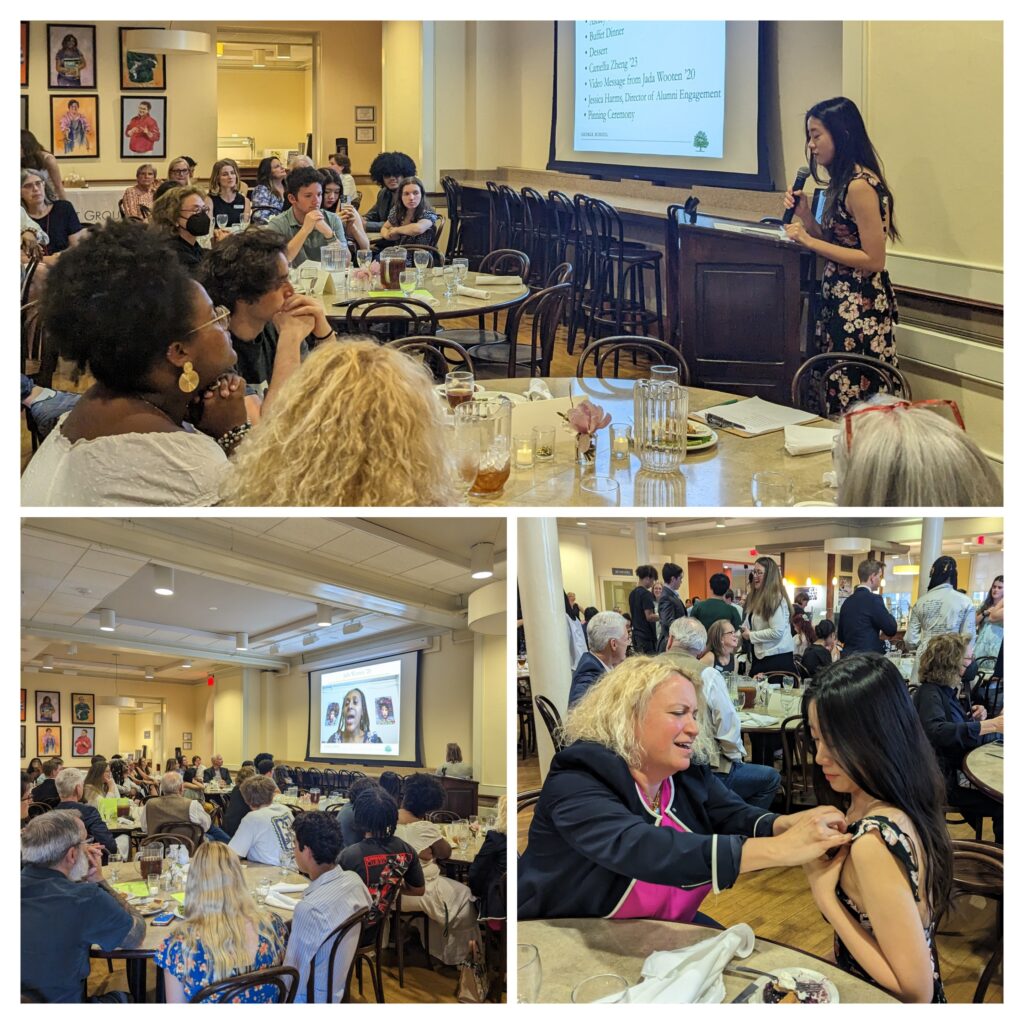
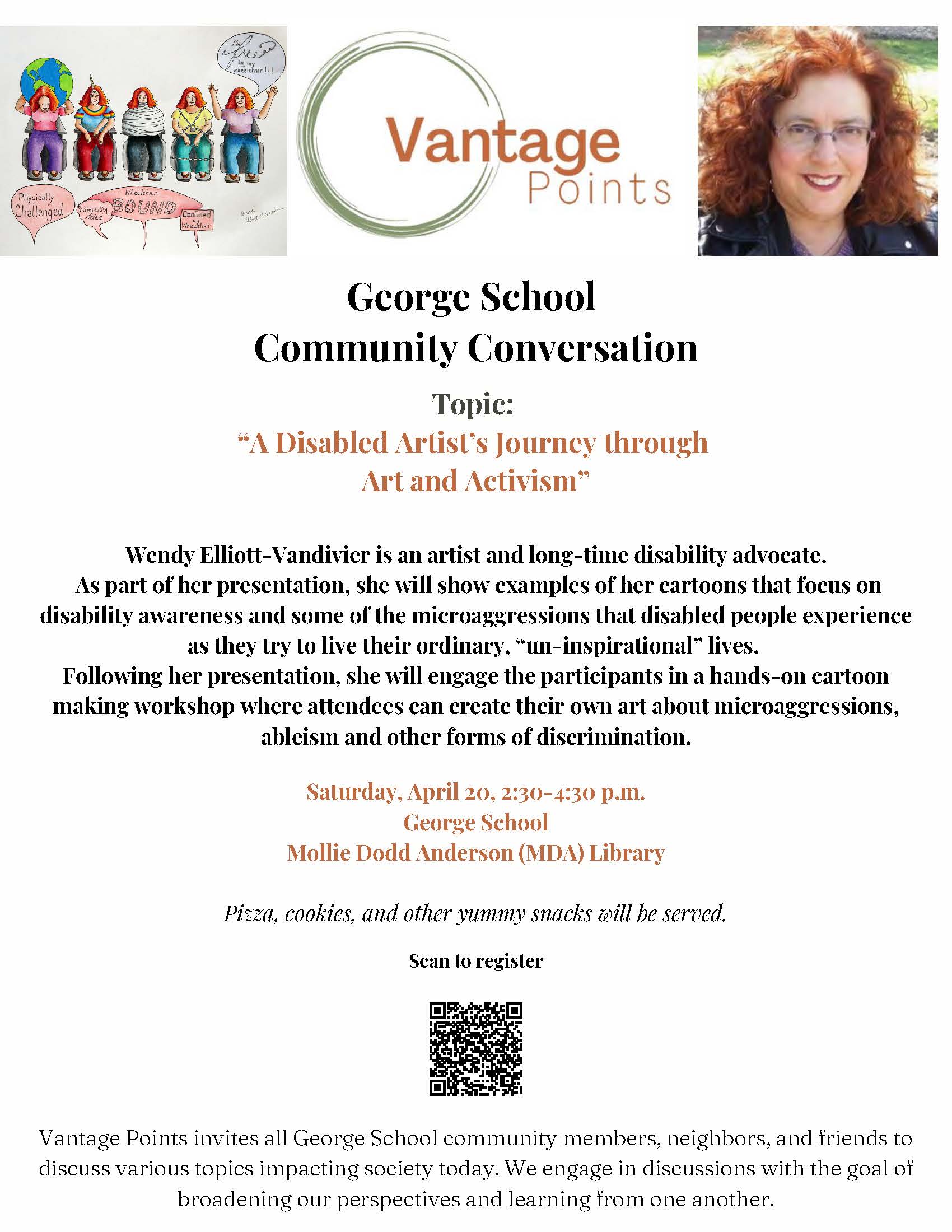
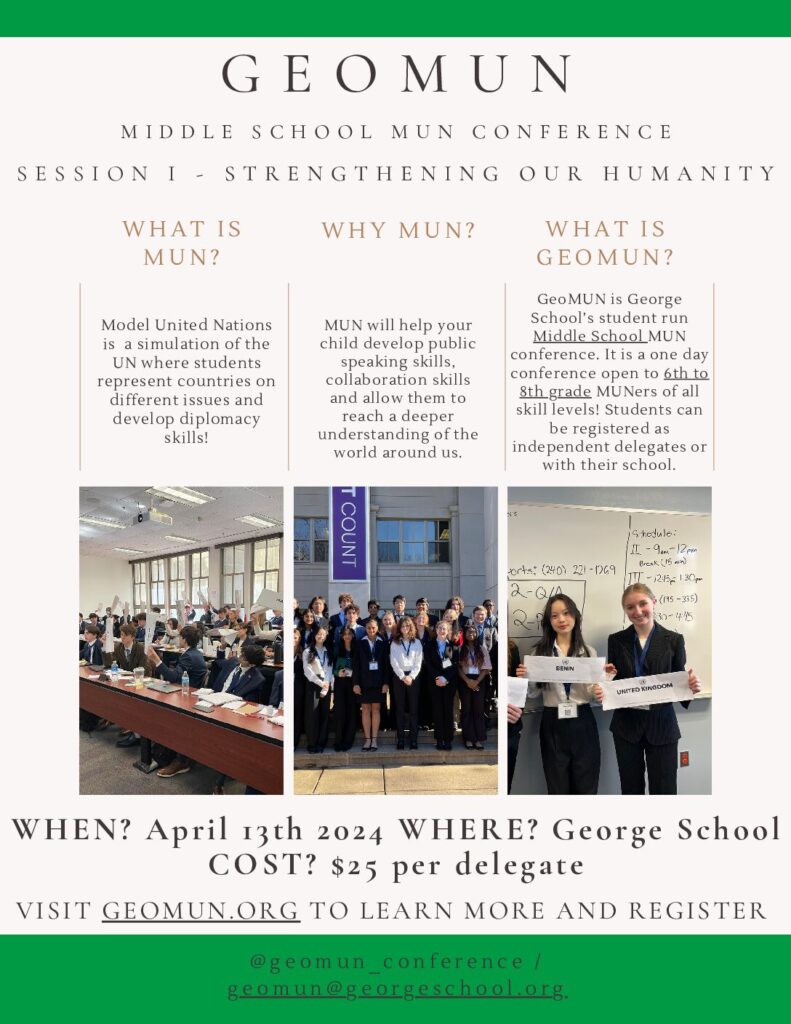


 Monastir, Tunisia, and Amman, Jordan
Monastir, Tunisia, and Amman, Jordan Irvine, CA
Irvine, CA Feasterville-Trevose, PA
Feasterville-Trevose, PA New Hope, PA (Previously NYC)
New Hope, PA (Previously NYC) Richboro, PA
Richboro, PA Englewood, NJ
Englewood, NJ Ningbo, Zhejiang, China
Ningbo, Zhejiang, China Willingboro, NJ
Willingboro, NJ Yardley, PA
Yardley, PA Newtown, PA
Newtown, PA Holicong, PA
Holicong, PA Newtown, PA
Newtown, PA Hamilton, NJ
Hamilton, NJ Yardley, PA
Yardley, PA Lambertville, NJ
Lambertville, NJ Chongqing, China
Chongqing, China Pennington, NJ
Pennington, NJ Yardley, PA
Yardley, PA Bensalem, PA
Bensalem, PA Borgota, Colombia
Borgota, Colombia Newtown, PA
Newtown, PA Burlington, NJ
Burlington, NJ Langhorne, PA
Langhorne, PA Princeton, NJ
Princeton, NJ Langhorne, PA
Langhorne, PA New York City, NY
New York City, NY New Hope, PA
New Hope, PA St. Catharines, Ontario, Canada
St. Catharines, Ontario, Canada Providenciales, Turks and Caicos Islands
Providenciales, Turks and Caicos Islands Willingboro, NJ
Willingboro, NJ Princeton, NJ
Princeton, NJ
 Newark, NJ
Newark, NJ Trenton, NJ
Trenton, NJ Newtown, PA
Newtown, PA
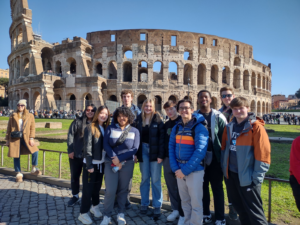
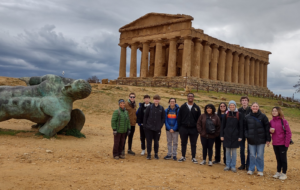





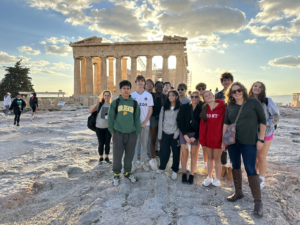
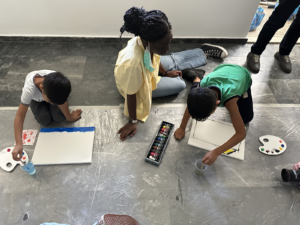
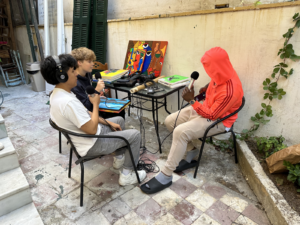

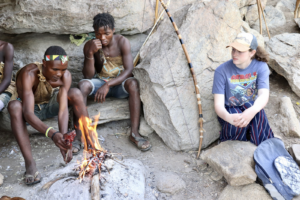
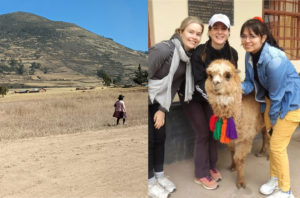





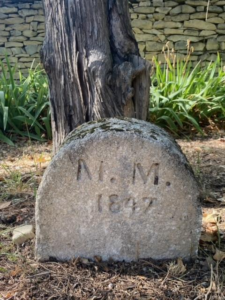
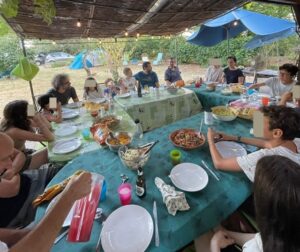
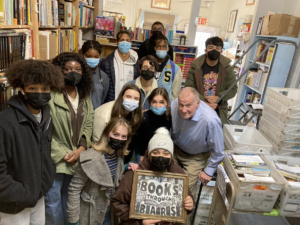
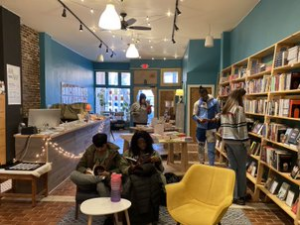
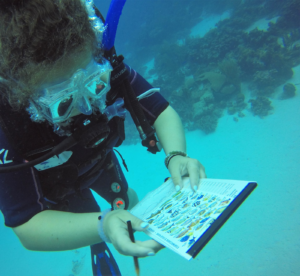


 Lawrence, NJ
Lawrence, NJ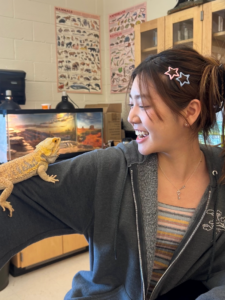 Seoul, South Korea
Seoul, South Korea
 Milwaukee, Wisconsin
Milwaukee, Wisconsin Pennington, NJ
Pennington, NJ Jenkintown, PA
Jenkintown, PA Ottsville, PA
Ottsville, PA Yardley, PA
Yardley, PA Providenciales, Turks and Caicos Islands
Providenciales, Turks and Caicos Islands Hopewell, NJ
Hopewell, NJ
 Pottstown, PA
Pottstown, PA Playa del Carmen, Quintana Roo, México
Playa del Carmen, Quintana Roo, México Shanghai, China
Shanghai, China Beijing, China
Beijing, China Yardley, PA
Yardley, PA Beijing, China
Beijing, China Holland, PA
Holland, PA Langhorne, PA
Langhorne, PA Ringoes, NJ
Ringoes, NJ New Hope, PA
New Hope, PA Dreshner, PA
Dreshner, PA Yardley, PA
Yardley, PA Yardley, PA
Yardley, PA PA
PA


 Xi’an, China
Xi’an, China





